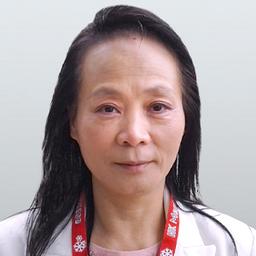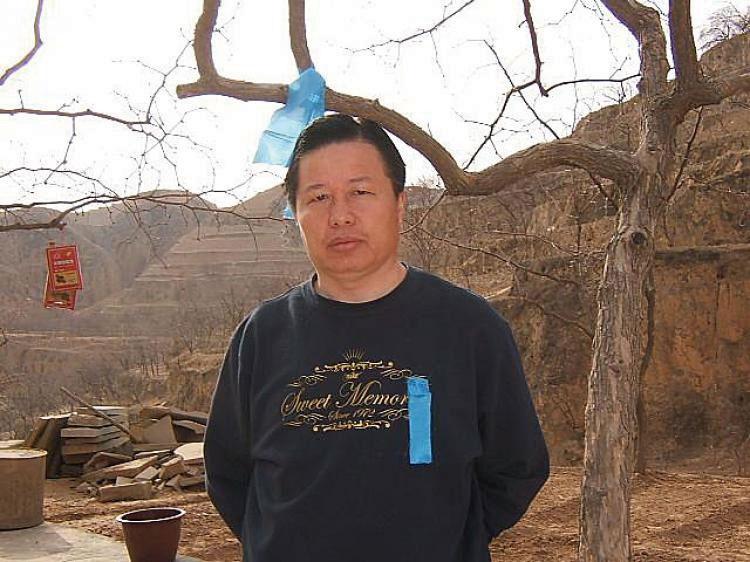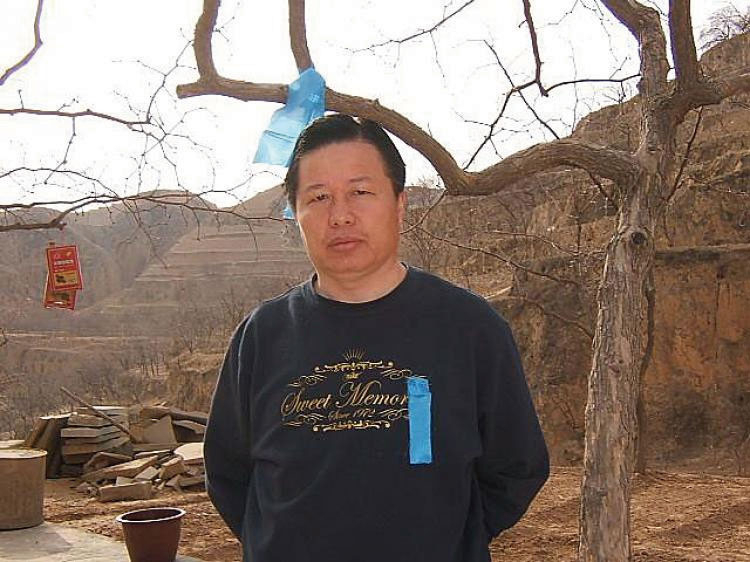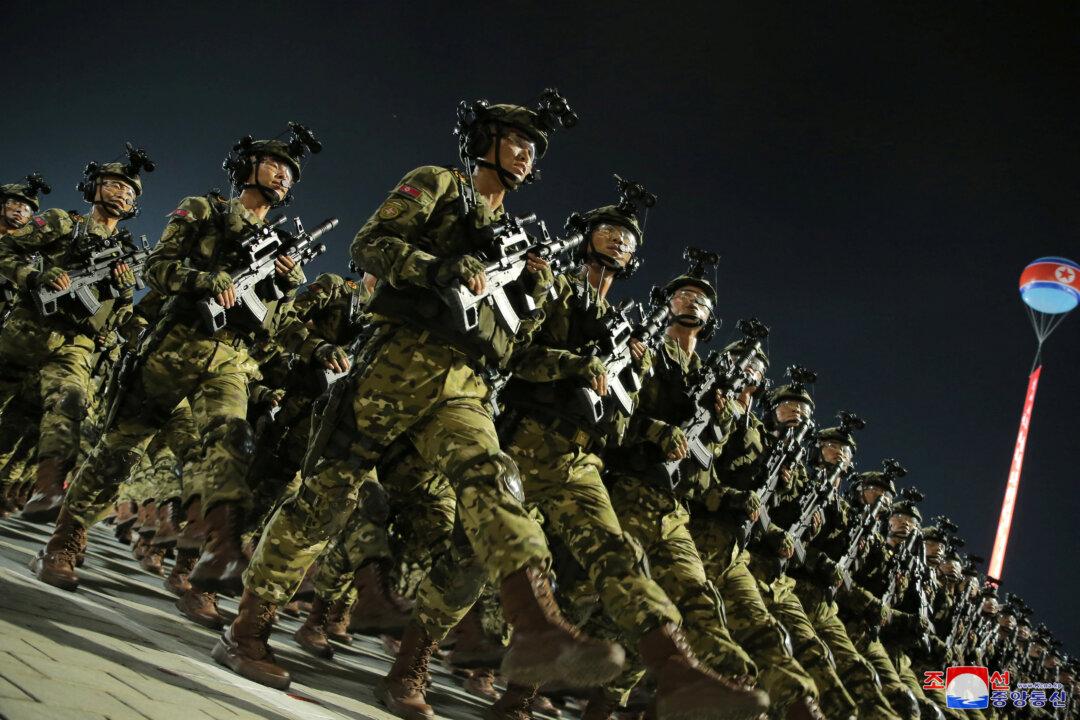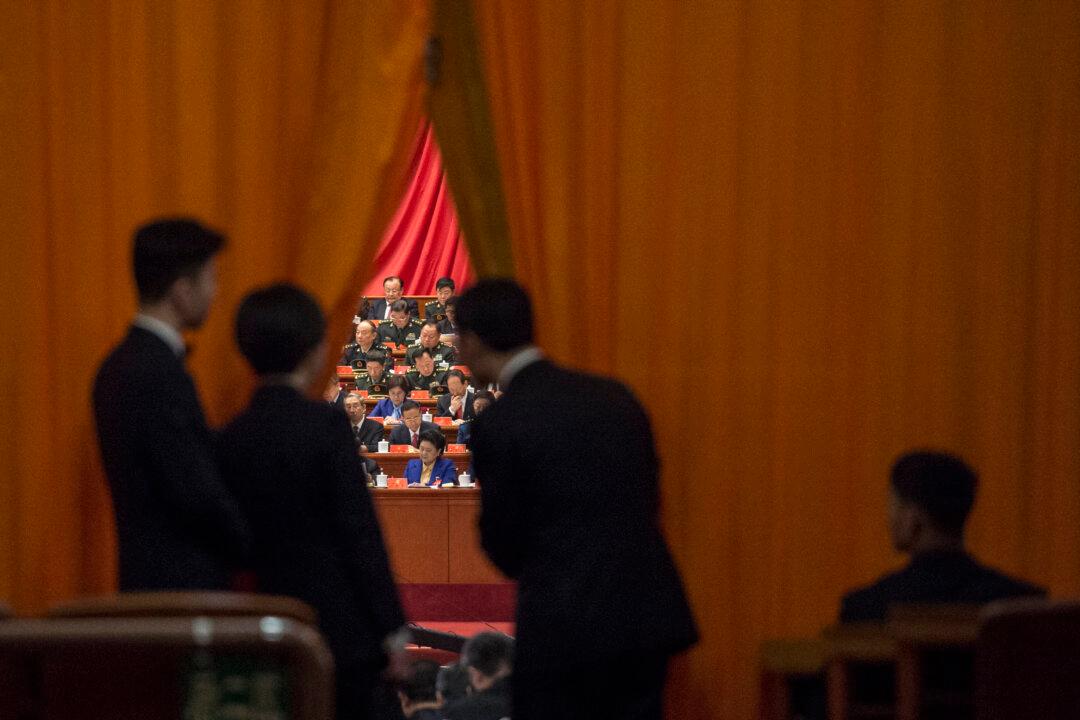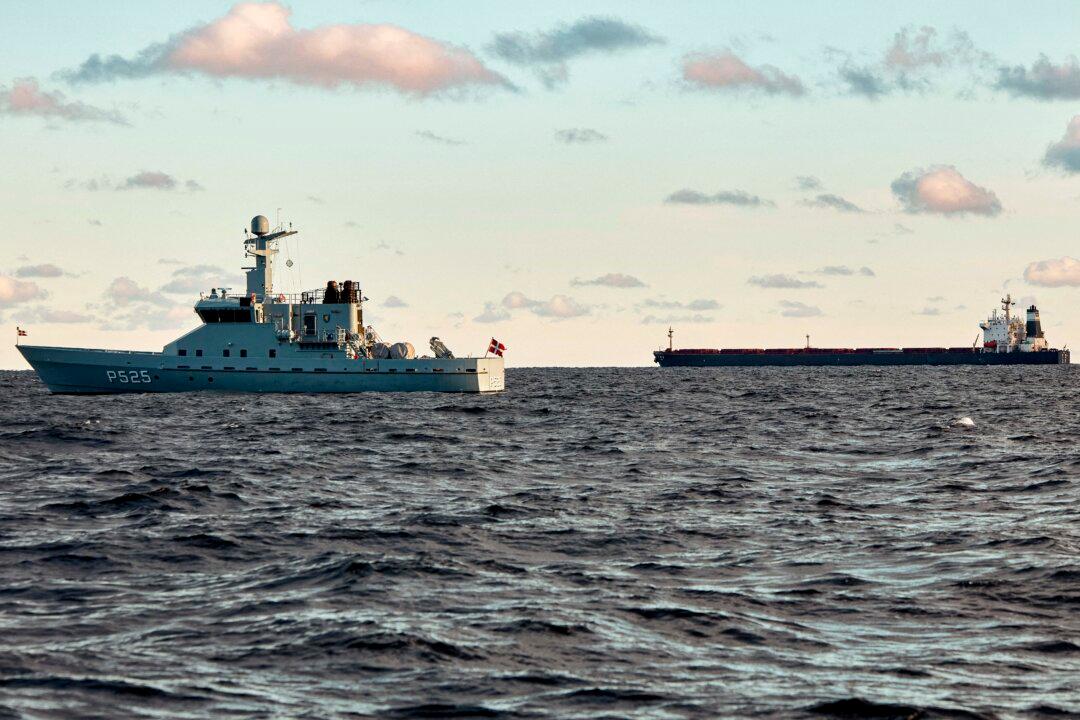On the first of 50 nights that Chinese human rights attorney Gao Zhisheng endured torture at the hands of Chinese Communist Party (CCP) agents in the fall of 2007, Gao was told, “Today your uncles want nothing but to make your life worse than death. I tell you the truth, your matter is not only between you and the government,” according to a letter by Gao published at his request in 2009.
The “chief uncle” for whom Gao’s torture was of personal interest is commonly assumed to be Zhou Yongkang, the head of the powerful Political and Legislative Affairs Committee (PLAC), a member of the Politburo Standing Committee that runs the CCP, and one of the main enforcers of the persecution of Falun Gong.
Almost 5 years later, Gao and Zhou’s names are again linked, as the March 24 visit by two of Gao’s family members to the remote Shaya Prison in Xinjiang Province is seen as evidence that Zhou’s political fortunes have plummeted.
Gao has been called the “conscience of China” for his legal work defending the poor and those whose human rights had been violated. He ended up in that torture chamber somewhere near Beijing because of his investigation into the torture of Falun Gong practitioners.
Gao had published in 2004 an open letter to the National People’s Congress calling for the state to treat practitioners according to the law. He followed that in 2005 with two open letters to Party chief Hu Jintao and Premier Wen Jiabao that called for an end to the persecution. [ Letter 1 | Letter 2 ]
Gao was given a three-year prison term in December 2006, but released on five years probation. While released, Gao endured constant abuse and occasional abductions. In September 2007, just before he was abducted and tortured, Gao had written an open letter to the U.S. Congress that also called for an end to the persecution of Falun Gong. In September 2007 his torturers in particular blamed him for having written that letter.
With an enemy as powerful as Zhou Yongkang, Gao was assured of no leniency. Prior to the prison visit, there had been no news of Gao since March 2010, and he was feared to have possibly died.
Changing Political Climate
Gao’s wife, Geng He, believes that the visit by Gao’s father-in-law and brother was allowed “due to the change in the main political climate in China.”
Gao Zhisheng’s brother, Gao Zhiyi, had three times traveled the almost 750 miles from his hometown in northern Shaanxi Province to Beijing seeking news of Gao Zhisheng, to no avail.
Geng He said that the family has been watching the political climate, looking for a chance to do good for Gao Zhisheng. On Feb. 6, when Wang Lijun, the former police chief of Chongqing sought asylum at the U.S. Consulate in Chengdu, deep divisions in the top Party leaders were exposed.
Click this tag or www.ept.ms/ccp-crisis to read about the most recent developments in the ongoing power struggle within the Chinese communist regime. Intra-CCP politics are a challenge to make sense of, even for veteran China watchers. Here we attempt to provide readers with the necessary context to understand the situation. Get the RSS feed. Get the Timeline of Events. Who are the Major Players? ![]()
The family believed things might now be different, and Gao Zhiyi traveled to Beijing a fourth time on Feb. 24. This time the family was given hope.
“The answer given by Beijing was different from what we got before,” Geng He said. “They asked us to go back and wait and said that they would arrange it. In the middle of March my family was informed that they could travel to Xinjiang to see him.”
On March 15, Bo Xilai, the former head of CCP in the province-level city of Chongqing, was sacked and then later rumored to have been placed under house arrest. On that same day, Gao Zhisheng’s family were told that they could arrange a visit to see Gao, although they were told not to speak of it publicly.
Bo Xilai had been Zhou Yongkang’s firm ally and had been handpicked by Zhou to succeed him in heading the PLAC and in the Politburo Standing Committee. The firing and possible arrest of Bo could only have come over Zhou’s objections.
Continued on the next page: Crumbling Power
Crumbling Power
The visit to Gao is one of several recent signs that Zhou’s hold on power may be crumbling.
China’s Internet is no longer able to maintain its usual rigid blockade on information. Since around March 23, searches have intermittently been successful on terms that are embarrassing to the faction of former Party chief Jiang Zemin, of which Zhou is a leading member.
Terms that have been successfully searched include: June 4, the date of the Tiananmen Square massacre; “Zhuan Falun,” the main text of the spiritual practice Falun Gong; “Shen Yun,” the name of the performing arts company devoted to reviving traditional Chinese culture that Chinese consular officials have regularly sought to interfere with; “False Fire,” a documentary that debunks the Chinese regime’s propaganda about self immolations said to have been carried about by Falun Gong practitioners; and terms related to live organ harvesting, an atrocity perpetuated against Falun Gong practitioners.
On March 21, a training session for the Party secretaries who run the PLAC was suddenly announced by the state-run media. There is no sign Zhou knew of the meeting in advance and the announcement of it did not mention him, although it did mention the session would be devoted to the study of Hu Jintao’s thought.
China experts say the training isolates Zhou and puts the PLAC secretaries under the control of Party Central, weakening Zhou’s power.
When the first session of the training occurred on March 26, Zhou attended and made a speech that deferred to Hu and Wen Jiaobao. “When it comes to big issues, we have to have the same opinion as the Party Central Committee,” Zhou said.
Also on March 26, Wen spoke of corruption during a meeting of the National State Council in remarks that were taken to be pointed at the PLAC. On March 14, Wen publicly criticized the Party officials in Chongqing, and the next day Bo Xilai was fired.
Appeal in the Works
Gao Zhisheng’s family is now hoping the prison visit will open the door to a reconsideration of Gao’s case.
“Legally, Gao Zhisheng did not commit any crime,” said Chinese human rights lawyer Jiang Tianyong. “During the process of his sentence he was handed to the police force in Beijing and suffered tremendously from torture. The world knows this. Later they even told him that he disobeyed certain rules and they prolonged his imprisonment. This is unbelievable. Shouldn’t the policemen who took away his freedom be investigated? The authorities made up excuses to persecute Gao. He should not have been sentenced in the first place.”
Gao’s family has hired two lawyers and plans to appeal his case in May.
Click this tag or www.ept.ms/ccp-crisis to read about the most recent developments in the ongoing power struggle within the Chinese communist regime. Intra-CCP politics are a challenge to make sense of, even for veteran China watchers. Here we attempt to provide readers with the necessary context to understand the situation. Get the RSS feed. Get the Timeline of Events. Who are the Major Players? ![]()

